Find Help
More Items From Ergsy search
-
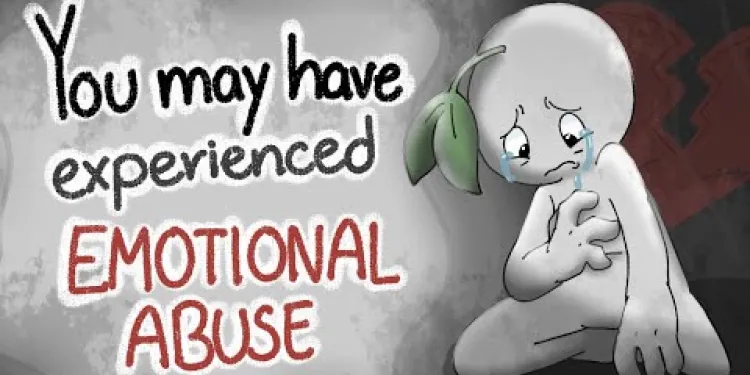
6 Signs of Emotional Abuse and Neglect
Relevance: 100%
-
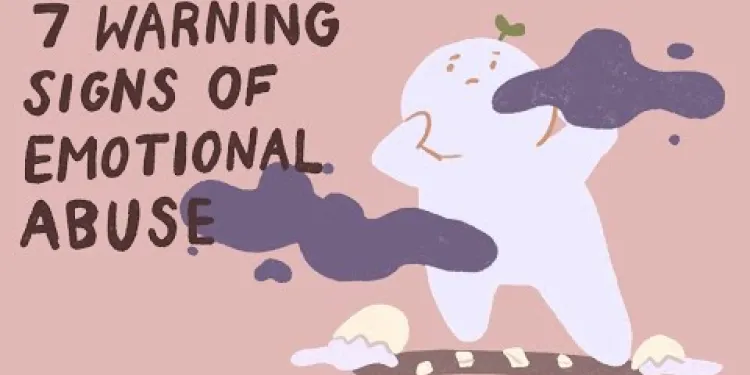
7 Warning Signs of Emotional Abuse
Relevance: 60%
-

What forms can honour based abuse take?
Relevance: 39%
-
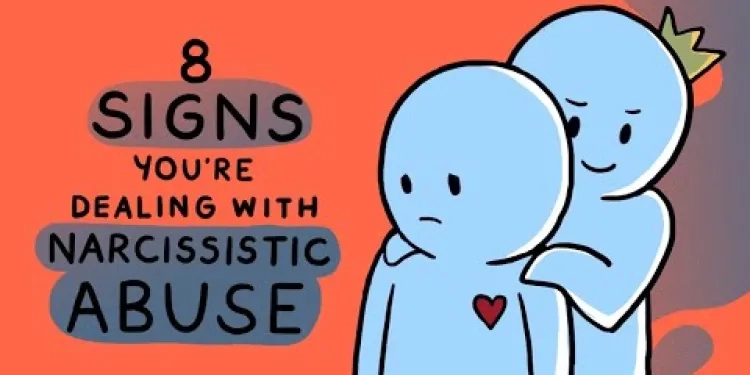
8 Signs You Are Dealing with Narcissistic Abuse
Relevance: 36%
-
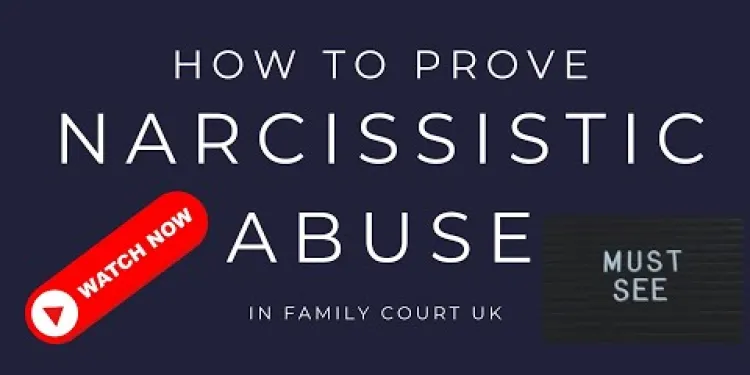
How To Prove Narcissistic Abuse In Family Court UK
Relevance: 36%
-
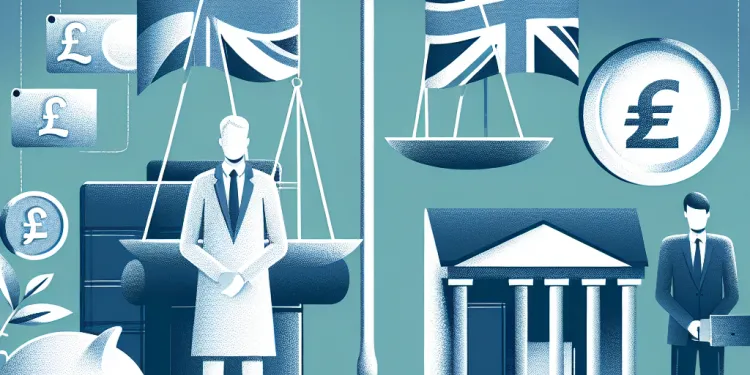
Understanding the New Domestic Abuse Laws in the UK
Relevance: 35%
-

Live Fear Free - Domestic Abuse
Relevance: 35%
-

When Kids Abuse Kids
Relevance: 35%
-

Are you a male victim of domestic abuse?
Relevance: 34%
-

What constitutes economic abuse under the Domestic Abuse Act 2021?
Relevance: 34%
-

What is Honour Based Abuse?
Relevance: 33%
-

What is the new Domestic Abuse Act in the UK?
Relevance: 33%
-
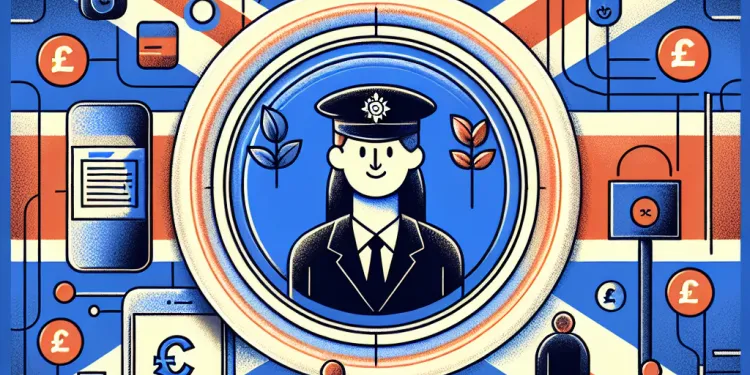
What are the signs of honour based abuse?
Relevance: 33%
-

Who can be considered a domestic abuse perpetrator under the new law?
Relevance: 33%
-

Live Fear Free - The Effect of Domestic Abuse on Children
Relevance: 33%
-
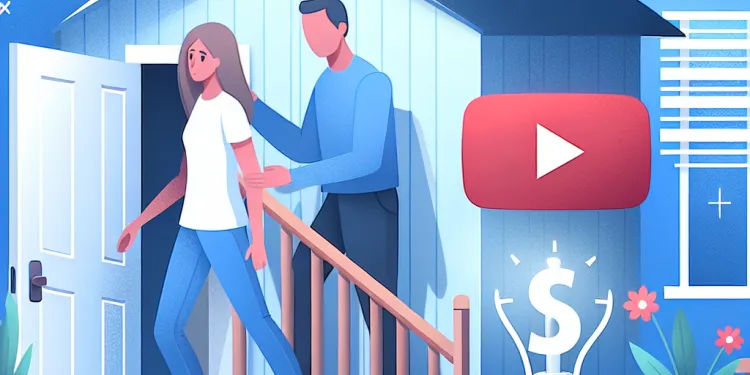
Steps to Take When Facing Domestic Abuse
Relevance: 32%
-
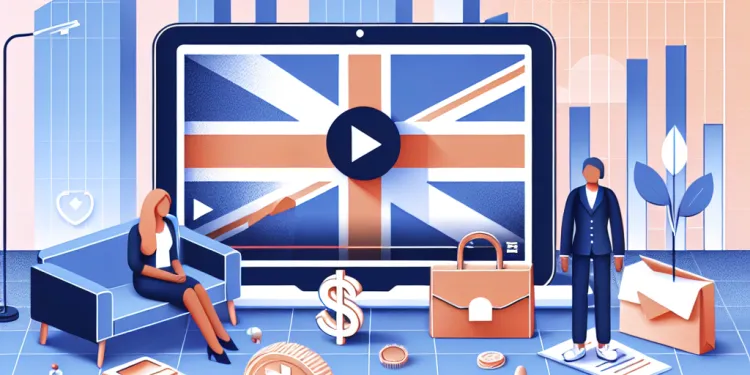
Understanding the Impact of the UK's New Domestic Abuse Legislation
Relevance: 32%
-
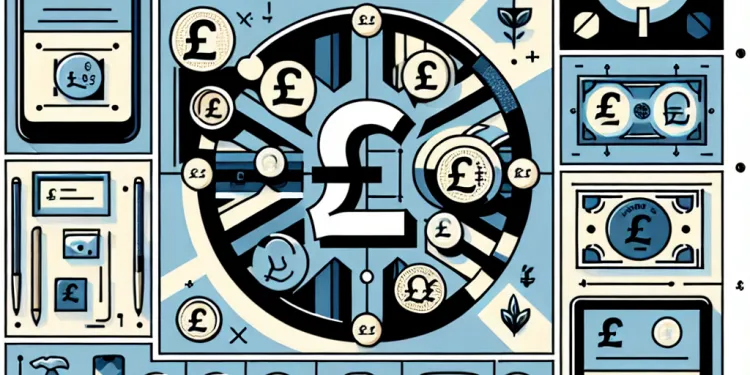
Is honour based abuse a cultural practice?
Relevance: 31%
-

When did the Domestic Abuse Act 2021 come into effect?
Relevance: 30%
-

Can men be perpetrators of honour based abuse?
Relevance: 30%
-

5 Signs You've Been Mentally Abused
Relevance: 30%
-

Three-year limit for child sexual abuse claims to be removed
Relevance: 29%
-
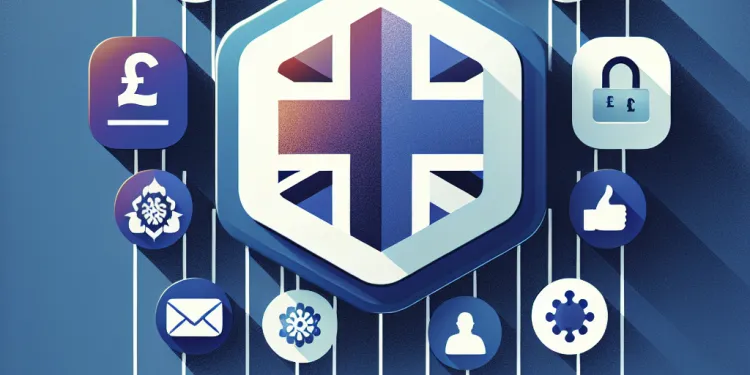
How can honour based abuse be prevented?
Relevance: 29%
-
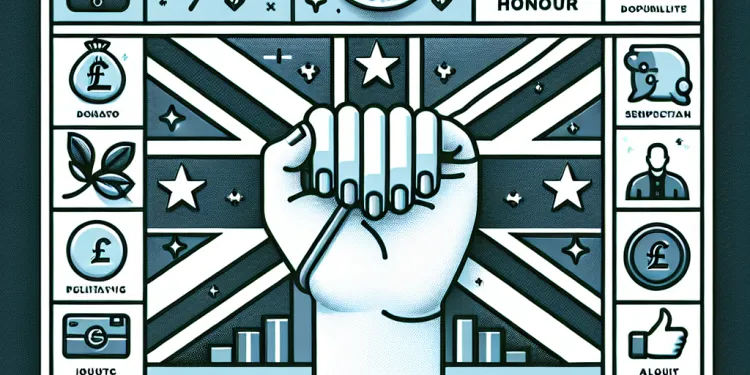
How does honour based abuse impact victims?
Relevance: 28%
-

Who can be a victim of honour based abuse?
Relevance: 28%
-
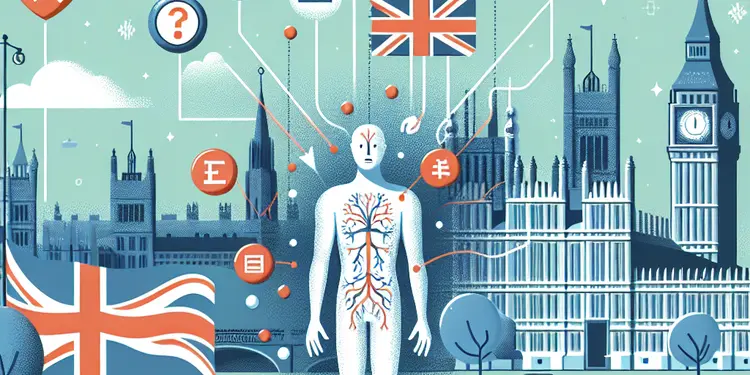
How does Huntington's disease affect emotions?
Relevance: 27%
-
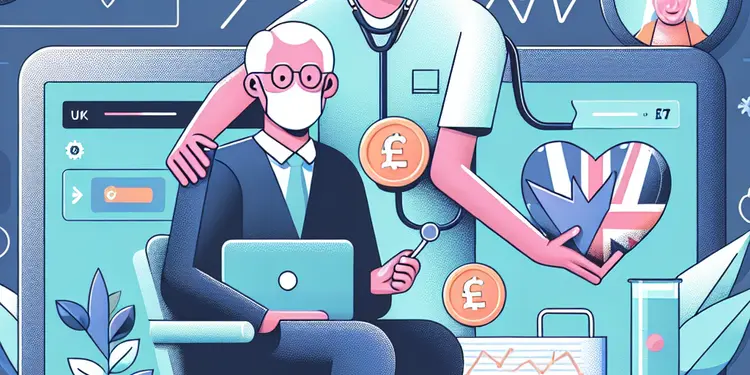
What emotional support is available for carers of Alzheimer's patients?
Relevance: 25%
-
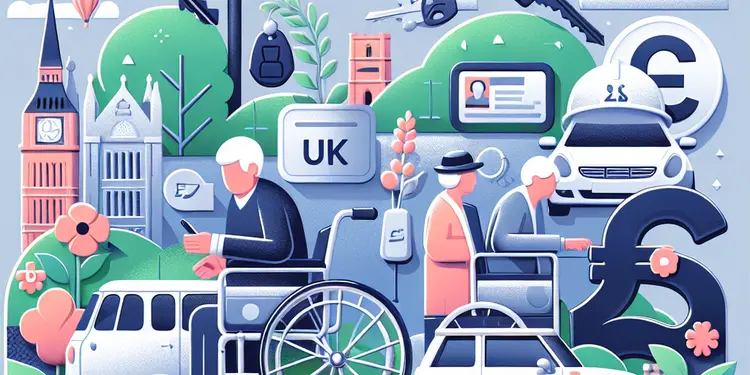
How does the loss of driving privileges affect seniors emotionally?
Relevance: 23%
-
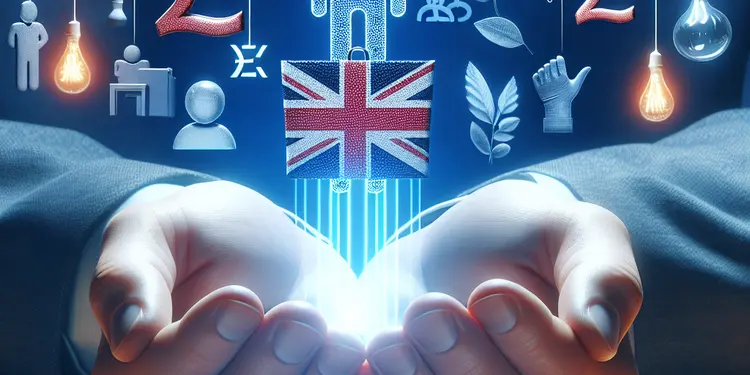
How should employers manage the emotional impact of redundancy on employees?
Relevance: 23%
-
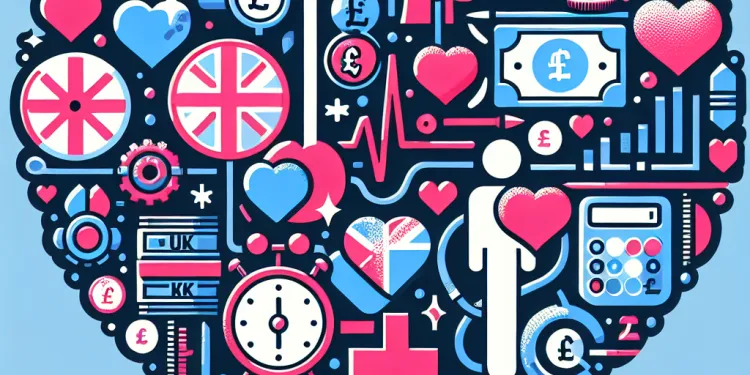
What are the signs that my relationship is making me depressed?
Relevance: 22%
-

What is the importance of self-care for community helpers?
Relevance: 16%
-
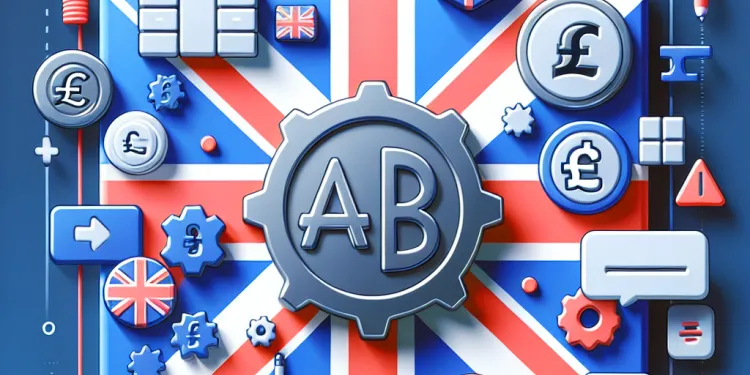
Are there any risks associated with untreated ADHD?
Relevance: 16%
-

What is Gaslighting?
Relevance: 15%
-
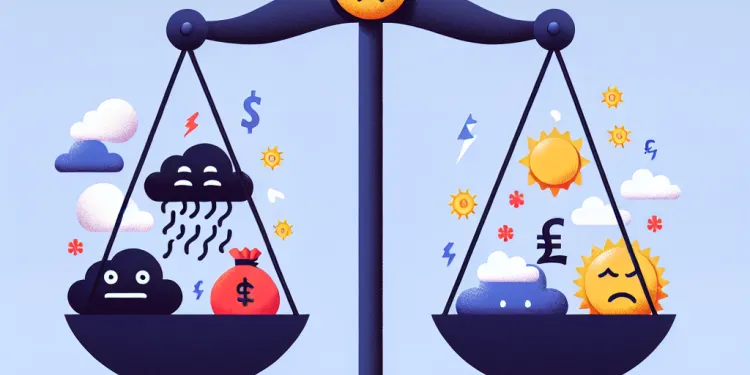
What role do unhealthy dynamics play in causing depression?
Relevance: 15%
-
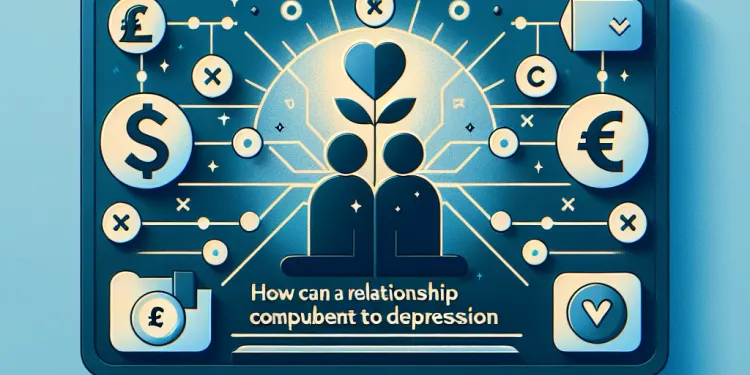
How can a relationship contribute to depression?
Relevance: 15%
-
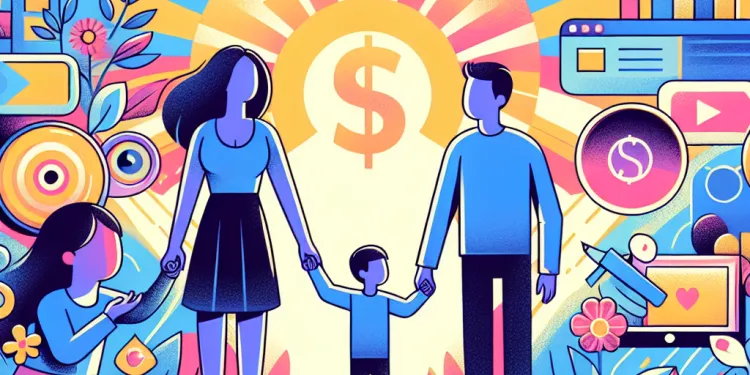
Understanding Parental Rights in Light of New UK Child Protection Legislation
Relevance: 15%
-

What is the purpose of honour based abuse?
Relevance: 14%
-

How prevalent is honour based abuse?
Relevance: 14%
-
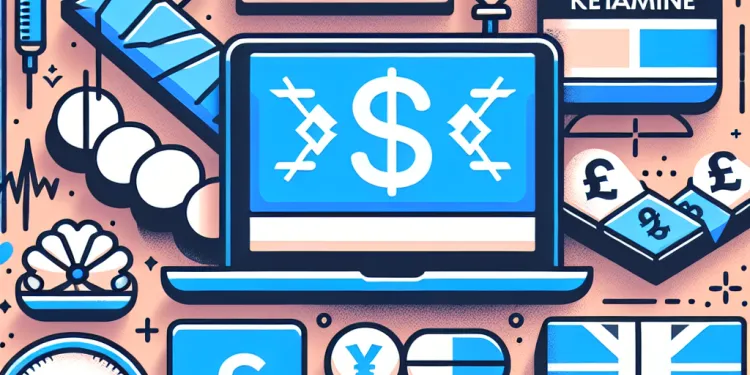
Is ketamine addictive?
Relevance: 14%
-
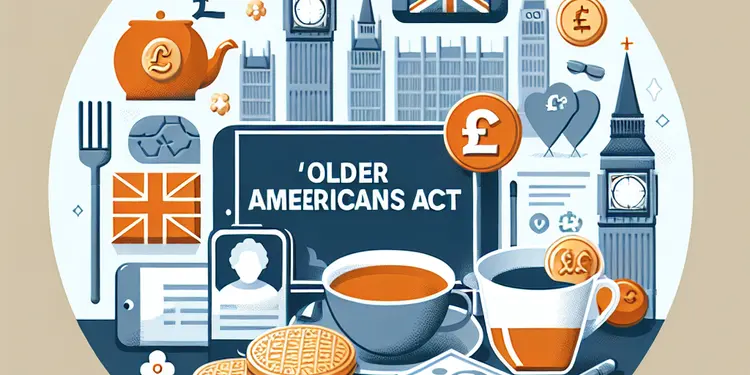
What is the Older Americans Act and how does it help seniors?
Relevance: 13%
6 Signs of Emotional Abuse and Neglect
Emotional abuse and neglect can have long-lasting effects on individuals, affecting their mental health and overall well-being. Understanding and recognizing the signs is crucial for addressing and preventing further harm. Below are six signs of emotional abuse and neglect, particularly relevant to those in the UK context.
1. Low Self-Esteem
Individuals experiencing emotional abuse often suffer from low self-esteem, constantly doubting their worth and abilities. They might frequently apologize, underplay their achievements, or express feelings of inadequacy. This internalized negativity can be a direct result of persistent criticism or belittlement from the abuser.
2. Withdrawal from Social Interactions
People who are emotionally neglected might withdraw from social situations, avoiding friends and family. They may feel unsupported and marginalized, leading to isolation as a coping mechanism. This behavior can also be attributed to embarrassment or fear of being judged about their circumstances.
3. Anxiety and Hypervigilance
Constant anxiety or hypervigilance is another red flag. Victims may seem stressed or anxious, always anticipating the next outburst or negative incident. This can manifest in a constant state of alertness, leading to exhaustion and a heightened sense of fear around the abuser.
4. Difficulty in Forming Relationships
Emotional abuse and neglect can severely impact a person’s ability to trust and build healthy relationships. This difficulty often stems from a fear of vulnerability or experiencing similar abuse again. Victims may find it challenging to open up, feeling emotionally numb or detached.
5. Depression and Hopelessness
Extended exposure to emotional abuse can lead to depression and feelings of hopelessness. Individuals might experience persistent sadness, lack of interest in activities, or a general sense of despair. This mental state requires attention and professional support to prevent worsening health issues.
6. Changes in Sleep and Appetite
Victims may undergo significant changes in their sleep and eating patterns. Insomnia or sleep inconsistency, as well as fluctuations in appetite, can be indicative of emotional turmoil. These physical manifestations are often a response to the heightened stress and anxiety imposed by the abuse.
Recognizing these signs is essential for providing the necessary support and intervention. If you or someone you know is experiencing emotional abuse or neglect, seeking help from professional services based in the UK can be a vital step towards recovery.
6 Signs of Emotional Harm and Neglect
Emotional harm and neglect can hurt people's feelings and health for a long time. It's important to know the signs so we can help stop it. Here are six signs to look out for, especially if you're in the UK.
1. Feeling Bad About Themselves
People who suffer from emotional harm often feel bad about themselves. They might say sorry a lot, not talk about their successes, or feel like they're not good enough. This might happen because someone keeps saying mean things to them.
2. Staying Away from Friends and Family
People who are emotionally neglected might not want to be around others. They might stay away from friends and family. They could feel alone and might be afraid of what others think. This makes them feel more alone.
3. Being Scared and Nervous
Always feeling scared or nervous is another sign. People might look worried, thinking something bad will happen. They might always be on guard, which makes them tired and scared of the person who harms them.
4. Trouble Making Friends
Emotional harm can make it hard for someone to make friends. They might be scared to trust or afraid of getting hurt again. They might not share their feelings or feel like they're not really there.
5. Feeling Very Sad
Being emotionally hurt for a long time can make people very sad. They might stop caring about things they used to like or feel like nothing will get better. They might need help from a doctor to feel better.
6. Changes in Sleep and Eating
Victims might sleep a lot, not at all, or their eating habits might change. They might not feel like eating, or they might eat too much. These changes are often because of stress and worry caused by the harm.
Knowing these signs can help you give support. If you or someone you know is being hurt emotionally, talk to someone who can help, like a doctor or a support service in the UK. They can help you feel better.
Frequently Asked Questions
What is emotional abuse?
Emotional abuse is a form of abuse where one person uses emotional manipulation to control, isolate, or demean another person. It can occur in any relationship and often involves patterns of behaviour that harm a person's psychological well-being.
What are some common signs of emotional abuse?
Common signs include constant criticism, humiliation, isolation from friends and family, intimidation, manipulation, and refusal to communicate effectively.
How does emotional neglect differ from emotional abuse?
Emotional neglect occurs when a person fails to provide emotional support and attention. Unlike emotional abuse, which involves harmful actions, emotional neglect is the absence of actions necessary to support mental and emotional health.
What impact can emotional abuse have on a victim?
Victims of emotional abuse can experience anxiety, depression, low self-esteem, and may struggle with trusting others. Long-term effects can include difficulty in forming healthy relationships and chronic psychological stress.
How can one identify emotional neglect in a relationship?
Emotional neglect may be identified through a consistent lack of empathy, attention, affection, or support from a loved one. It may feel like being emotionally invisible in the relationship.
Can emotional abuse occur in friendships and workplaces?
Yes, emotional abuse can occur in any setting, including friendships and workplaces, where someone may use manipulative or bullying tactics to exert control over others.
What are some psychological effects of emotional neglect during childhood?
Children who experience emotional neglect may develop attachment disorders, have difficulty regulating emotions, and struggle with self-worth and interpersonal relationships.
Is online or cyber emotional abuse a real concern?
Yes, online environments can facilitate emotional abuse through harassment, threats, or manipulation, particularly on social media platforms and via text communications.
What should someone do if they suspect they are being emotionally abused?
If someone suspects they are being emotionally abused, they should seek support from trusted friends, family, or mental health professionals and consider setting boundaries with the abuser.
How can one support a friend experiencing emotional abuse?
Offer a listening ear, encourage them to seek professional help, and reassure them that they are not alone. It's important to respect their choices while providing support.
Are there legal protections against emotional abuse in the UK?
Yes, in the UK, the Domestic Abuse Act 2021 recognises controlling or coercive behaviour as a form of domestic abuse, which can be grounds for legal action.
Can emotional abuse lead to physical health problems?
Yes, chronic stress from emotional abuse can contribute to physical health issues such as headaches, gastrointestinal problems, and a weakened immune system.
What role does self-esteem play in emotional abuse?
Abusers often target the victim's self-esteem to undermine their confidence and independence, making them more reliant on the abuser and easier to control.
How can counselling help someone recover from emotional abuse?
Counselling can provide a safe space for individuals to process their experiences, develop coping strategies, and rebuild self-esteem and healthy relationship skills.
What are some resources in the UK for those affected by emotional abuse?
Resources include national helplines like Refuge and Women's Aid, as well as local support groups and counselling services tailored to those affected by emotional abuse.
What is emotional abuse?
Emotional abuse is when someone uses words or actions to make you feel bad, scared, or not good enough. It is not about hurting your body, but it can hurt your feelings a lot.
Some signs of emotional abuse are:
- Shouting or yelling at you.
- Calling you mean names.
- Not letting you see your friends.
- Telling you that you can't do anything right.
- Making you feel like everything is your fault.
If you think someone is being emotionally abusive, here are some things that might help:
- Talk to someone you trust, like a family member, friend, or teacher.
- Write down what happens. This can help you remember.
- Call a helpline for advice. They can help and support you.
Remember, it is important to feel safe and happy.
Emotional abuse is when someone tries to control or hurt another person by playing with their feelings. This can happen in any type of relationship. It usually happens when someone keeps doing things that make the other person feel bad in their mind.
What are signs of emotional harm?
Here are some things to look out for if someone is being hurt emotionally:
- They feel scared or worried a lot.
- Someone often says mean words to them.
- They feel bad about themselves.
- They stay away from family and friends.
- They often feel sad or cry.
It can help to talk to a trusted adult or use simple techniques like deep breathing to feel calm.
Some common signs are when someone always says mean things, makes you feel bad about yourself, keeps you away from friends and family, tries to scare you, tricks you, or won't talk to you nicely.
Here are some things that can help:
- Talk to someone you trust about how you feel.
- Use picture cards to help explain your feelings.
- Write down what happens so you can remember it.
What is the difference between feeling ignored and being hurt by feelings?
Sometimes, people might not pay attention to our feelings. This is called being ignored. Other times, people might say or do things that hurt our feelings. This is being hurt by feelings.
If you feel ignored or hurt, it can be a good idea to talk to someone you trust. Drawing pictures or writing down your feelings might also help you feel better.
Emotional neglect happens when someone does not give care and attention to another person's feelings. It is different from emotional abuse. Emotional abuse means doing hurtful things. Emotional neglect means missing the care needed for a person to feel good and happy.
How does hurting someone's feelings affect them?
When someone is mean and hurts your feelings, it is called emotional abuse. This can make you feel very sad or scared.
Here are some ways it can affect you:
- It might make you feel really sad or worried all the time.
- You might feel like you're not good enough.
- It can make it hard to trust people.
- You might not want to do things you used to enjoy.
If you feel this way, it's important to talk to someone you trust, like a teacher or a family member. You can also draw or write about your feelings. This might help make you feel better.
People who are hurt by mean words and actions can feel very worried, sad, and like they are not good enough. They might find it hard to trust other people. If this goes on for a long time, it can make it hard for them to make good friends and they might feel stressed a lot.
How can you tell if someone is not getting enough care in a relationship?
To know if someone is not getting enough care:
- Someone may feel alone even when they are with their partner.
- They might feel like their feelings don’t matter.
- Their partner might not listen to them.
- There may not be much talking or sharing.
- They might feel like they give a lot but get little back.
If you feel like this, talking to someone you trust can help. Writing down feelings in a diary can also help you understand them better. You can also try drawing your feelings or using apps that help express feelings.
Emotional neglect is when someone you love does not show care, love, or help. It can feel like they don't see your feelings.
Can someone be mean to your feelings in friendships and at work?
Yes, people can sometimes hurt our feelings, even friends or people we work with. This is not okay.
If you feel upset by someone a lot, you can:
- Talk to a person you trust, like a family member or teacher.
- Write down how you feel in a notebook.
- Use calm breathing to help you feel better.
- Remember, it's not your fault.
Finding someone to share your worries with can help make things better.
Yes, someone can be mean or controlling in any place, like a friendship or at work. They might try to make you feel bad or tell you what to do all the time.
How does not getting enough love as a child affect how you feel?
When a child doesn't get enough love, it can change how they feel inside. They might:
- Feel very sad a lot.
- Have trouble feeling good about themselves.
- Find it hard to make friends.
- Worry a lot about things.
If you notice these feelings, it can help to talk to someone you trust.
Try drawing how you feel or writing in a journal. These tools can help you understand your feelings better.
When kids do not get enough love and care, they might have problems making friends and feeling good about themselves. They may also find it hard to manage their feelings.
Here are some things that can help:
- Talk about your feelings with someone you trust.
- Draw or write in a feelings book.
- Use feelings cards to show how you feel.
- Ask an adult for help when you need it.
Is online bullying a problem?
Yes, online spaces can make it easier for people to be mean or hurtful. This can happen when they tease, scare, or trick someone, especially on social media or through texts.
What to do if you think someone is being mean to your feelings?
If you feel that someone is being mean to your feelings, here’s what you can do: - **Talk to Someone You Trust:** Tell a friend, parent, or teacher how you feel. They can help you. - **Write it Down:** Keep a diary of when and what happens. This can help explain the situation to others. - **Use Support:** Call a helpline for advice. They are there to help you.If you think someone is being mean to you and it hurts your feelings, talk to people you trust. You can tell your friends, family, or someone who helps people feel better, like a counselor. It’s also good to tell the person who is being mean to stop. You can say, "Please don't talk to me like that." This is called setting boundaries.
How can you help a friend who is being hurt by someone’s words or actions?
Sometimes, people can be mean with words. This is called emotional abuse. Here is how you can help your friend:
- Listen: Let your friend talk about their feelings. Tell them you care about them.
- Believe them: If they say they are being hurt, trust them. It is not their fault.
- Stay by their side: Be a good friend. Spend time with them and make them feel safe.
- Tell a trusted adult: Find someone who can help, like a teacher or a parent.
- Give them helpful numbers: Show them hotlines or websites where they can talk to someone.
Helping your friend is important. You do not have to do it alone. There are people who can help them feel better.
Listen to your friend. Tell them it's okay to ask a doctor or counselor for help. Let them know you are there for them and they are not alone. It's good to support them and respect what they decide to do.
Are There Laws to Help People Hurt by Emotional Abuse in the UK?
Yes, there are laws in the UK to help people who are hurt by emotional abuse. Emotional abuse is when someone is mean and tries to control or scare you with words. The law can help keep you safe from this.
If you need help, you can:
- Talk to an adult you trust.
- Call a helpline for advice.
- Tell the police if you are in danger.
Remember, you are not alone. People can help you feel safe again.
Yes, in the UK, there is a law called the Domestic Abuse Act 2021. This law says controlling or bullying behaviour is a type of domestic abuse. You can take legal action if this happens to you.
Can being hurt by words make you feel sick in your body?
When people say mean things, it can make you feel bad inside. Sometimes, these bad feelings can make your body feel sick too. It's important to talk to someone who can help you feel better.
To feel better, you can:
- Talk to a grown-up you trust.
- Write down your feelings in a journal.
- Practice deep breathing to calm down.
- Draw or color to express how you feel.
Yes, feeling stressed for a long time because someone is being mean to you can make your body sick. It can give you headaches, tummy aches, and make it harder for your body to fight off other illnesses.
How is self-esteem linked to emotional abuse?
Self-esteem means how much you like yourself. It is like believing you are good.
Emotional abuse is when someone hurts your feelings on purpose. It can make you feel bad inside.
If your self-esteem is low, it can be easier for someone to hurt you with words.
If you have high self-esteem, you believe in yourself more. This can help protect you from being hurt by others' words.
To help with self-esteem, talk to someone you trust, like a friend or a counselor.
People who hurt others often make them feel bad about themselves. This can make the person feel less sure and not as strong, so they depend more on the person who is hurting them.
How can talking to a counselor help someone feel better after being hurt emotionally?
Talking to a counselor can help you when someone has hurt your feelings and made you sad. Here’s how it can help:
- Listening Ear: A counselor will listen to what you have to say. They care about your feelings.
- Safe Space: You can talk about your feelings in a safe and quiet place. You don't have to worry about being judged.
- Understanding Emotions: A counselor helps you understand why you feel sad, angry, or scared.
- Coping Skills: They teach you ways to feel better and handle problems.
- Building Confidence: A counselor helps you feel strong and good about yourself again.
You can also use pictures or write down your feelings to help you talk. There are books and apps that can help too. Remember, it’s okay to ask for help.
Counselling can be a safe place. It helps people talk about their feelings. It also helps them learn ways to deal with problems. Counselling helps people feel better about themselves and learn how to be good friends.
Where can people in the UK get help if they are hurt by unkind words or actions?
If someone is making you feel bad by saying mean things or being unkind, you can get help. Here are some places you can call or talk to:
- Childline: You can call them for free. They help young people.
- Samaritans: They listen to you if you feel upset. You can call them anytime.
- NSPCC: They help keep children safe. You can call them if you feel scared or unhappy.
- Women's Aid: This is for women who are hurt by unkind actions. They can help you feel safe.
Remember, it's okay to ask for help. You are not alone. Talk to a grown-up you trust or call one of these places.
You can get help from national helplines like Refuge and Women's Aid. There are also local groups and talking services to help people who have been hurt by emotional abuse.
Useful Links
This website offers general information and is not a substitute for professional advice.
Always seek guidance from qualified professionals.
If you have any medical concerns or need urgent help, contact a healthcare professional or emergency services immediately.
- Ergsy carfully checks the information in the videos we provide here.
- Videos shown by Youtube after a video has completed, have NOT been reviewed by ERGSY.
- To view, click the arrow in centre of video.
- Most of the videos you find here will have subtitles and/or closed captions available.
- You may need to turn these on, and choose your preferred language.
- Go to the video you'd like to watch.
- If closed captions (CC) are available, settings will be visible on the bottom right of the video player.
- To turn on Captions, click settings .
- To turn off Captions, click settings again.
More Items From Ergsy search
-

6 Signs of Emotional Abuse and Neglect
Relevance: 100%
-

7 Warning Signs of Emotional Abuse
Relevance: 60%
-

What forms can honour based abuse take?
Relevance: 39%
-

8 Signs You Are Dealing with Narcissistic Abuse
Relevance: 36%
-

How To Prove Narcissistic Abuse In Family Court UK
Relevance: 36%
-

Understanding the New Domestic Abuse Laws in the UK
Relevance: 35%
-

Live Fear Free - Domestic Abuse
Relevance: 35%
-

When Kids Abuse Kids
Relevance: 35%
-

Are you a male victim of domestic abuse?
Relevance: 34%
-

What constitutes economic abuse under the Domestic Abuse Act 2021?
Relevance: 34%
-

What is Honour Based Abuse?
Relevance: 33%
-

What is the new Domestic Abuse Act in the UK?
Relevance: 33%
-

What are the signs of honour based abuse?
Relevance: 33%
-

Who can be considered a domestic abuse perpetrator under the new law?
Relevance: 33%
-

Live Fear Free - The Effect of Domestic Abuse on Children
Relevance: 33%
-

Steps to Take When Facing Domestic Abuse
Relevance: 32%
-

Understanding the Impact of the UK's New Domestic Abuse Legislation
Relevance: 32%
-

Is honour based abuse a cultural practice?
Relevance: 31%
-

When did the Domestic Abuse Act 2021 come into effect?
Relevance: 30%
-

Can men be perpetrators of honour based abuse?
Relevance: 30%
-

5 Signs You've Been Mentally Abused
Relevance: 30%
-

Three-year limit for child sexual abuse claims to be removed
Relevance: 29%
-

How can honour based abuse be prevented?
Relevance: 29%
-

How does honour based abuse impact victims?
Relevance: 28%
-

Who can be a victim of honour based abuse?
Relevance: 28%
-

How does Huntington's disease affect emotions?
Relevance: 27%
-

What emotional support is available for carers of Alzheimer's patients?
Relevance: 25%
-

How does the loss of driving privileges affect seniors emotionally?
Relevance: 23%
-

How should employers manage the emotional impact of redundancy on employees?
Relevance: 23%
-

What are the signs that my relationship is making me depressed?
Relevance: 22%
-

What is the importance of self-care for community helpers?
Relevance: 16%
-

Are there any risks associated with untreated ADHD?
Relevance: 16%
-

What is Gaslighting?
Relevance: 15%
-

What role do unhealthy dynamics play in causing depression?
Relevance: 15%
-

How can a relationship contribute to depression?
Relevance: 15%
-

Understanding Parental Rights in Light of New UK Child Protection Legislation
Relevance: 15%
-

What is the purpose of honour based abuse?
Relevance: 14%
-

How prevalent is honour based abuse?
Relevance: 14%
-

Is ketamine addictive?
Relevance: 14%
-

What is the Older Americans Act and how does it help seniors?
Relevance: 13%


